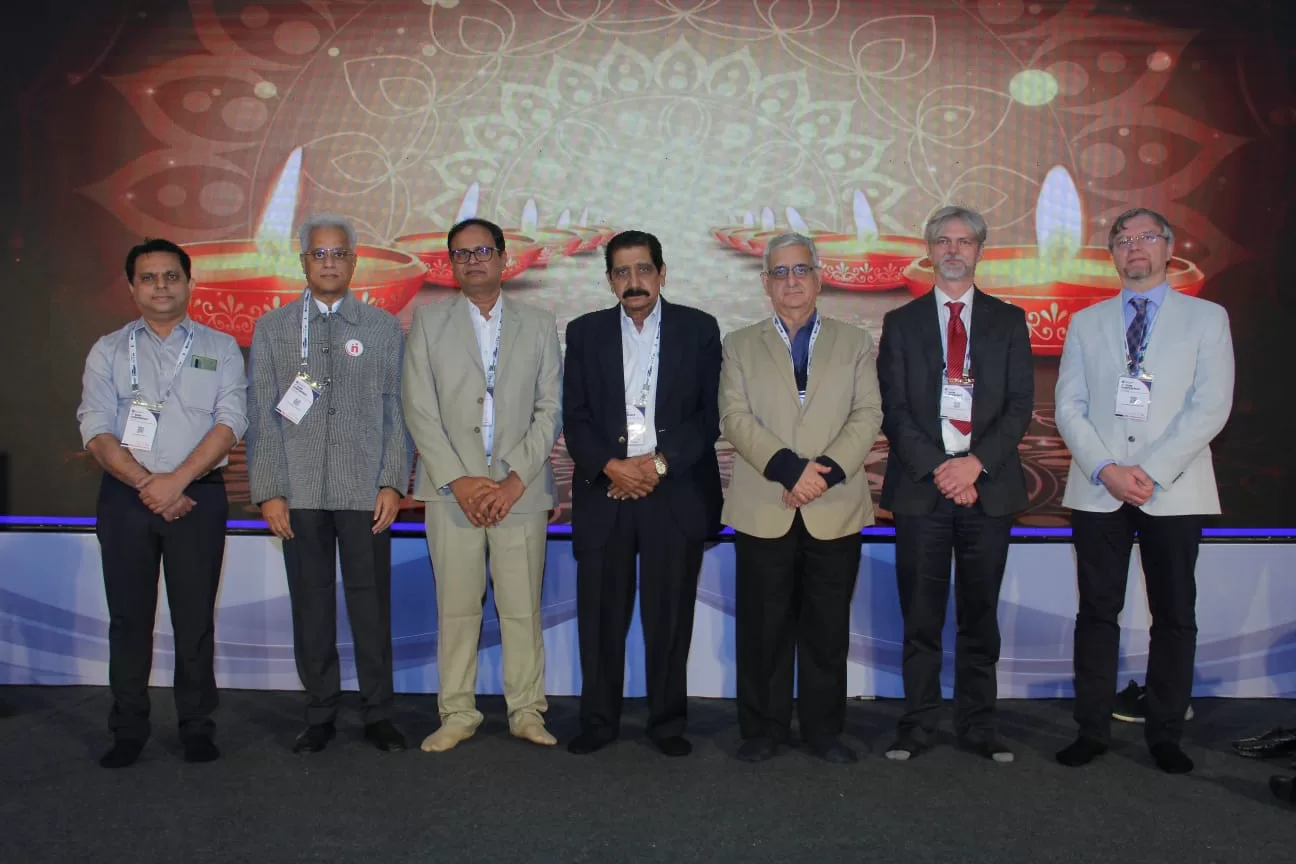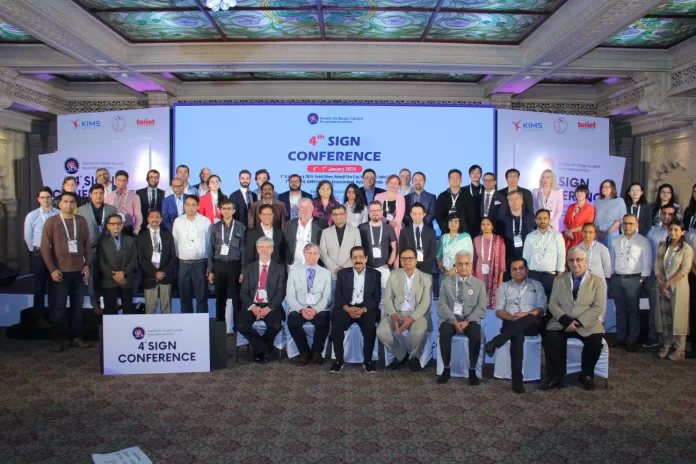The 4th edition of the Global Neuroscience Conference, hosted by the Society for Image Guided Neurointerventions (SIGN), has commenced in Hyderabad. This event is unveiling groundbreaking advancements in neurology and neurosurgery, marking its first occurrence in India after successful editions in the US and Europe.
Conducted over three days at Ramoji Film City and KIMS Hospitals, the International Conference brings together 125 neurosciences experts from 12 nations to explore cutting-edge developments. Dr. Manas Panigrahi, Head of the Department of Neurosurgery at KIMS Hospitals and a distinguished Neuro Surgeon, highlighted three transformative inventions discussed at the conference:
Ultrasound Breakthrough in Tumor Treatment:
- The conference presented a groundbreaking development utilizing ultrasound to treat specific tumor types. While ultrasound has been pivotal in diagnostics, ongoing clinical trials suggest its potential to eliminate tumors without resorting to surgery. This alternative, expected within the next two to three years, offers a surgery-minimizing approach, reducing side effects linked to traditional treatments.
AI-Powered Precision for Stroke Cases:
- Artificial intelligence (AI) takes the spotlight in enhancing treatment decisions for stroke patients. Through AI integration in MRI analysis, the critical timeframe for stroke intervention is recognized, providing swift and accurate information. This innovation streamlines decision-making for doctors, ensuring timely and precise treatment, potentially avoiding unnecessary surgeries.
Capsule Robots: A Future Paradigm in Neurosurgeries:
- A highlight of the conference was the revelation of minute robots, approximately one centimeter in size, designed to target and eliminate brain tumors. These capsule-sized robots offer a less invasive alternative, transforming neuro treatments compared to traditional surgical methods. Currently undergoing laboratory testing, these robots are anticipated to become a viable treatment option within the next decade, contingent on successful clinical trials.
Dr. Manas underscored the potential impact of this technology in eliminating brain tumors with minimal harm to surrounding healthy cells. The procedure involves a small incision, and the robot can precisely target and remove the entire tumor, resembling a sophisticated sewage clearance mechanism.
Dr. Bollineni Bhaskar Rao, MD, KIMS Hospital, expressed delight in hosting SIGN in Hyderabad during this unprecedented era in neurosciences. The event promises to revolutionize neurosurgery with applications like ultrasound for brain tumors, AI integration in stroke cases, and the unveiling of Capsule Robots designed to address brain tumors.
The conference, organized by the Society for Image Guided Neurointerventions Conference, facilitates scientific debates on future neurology technologies. With 74 speakers from the US, China, Australia, and European countries, the event provides a platform for experts to share insights and discuss anticipated changes in the neurosciences field in the coming years.
















